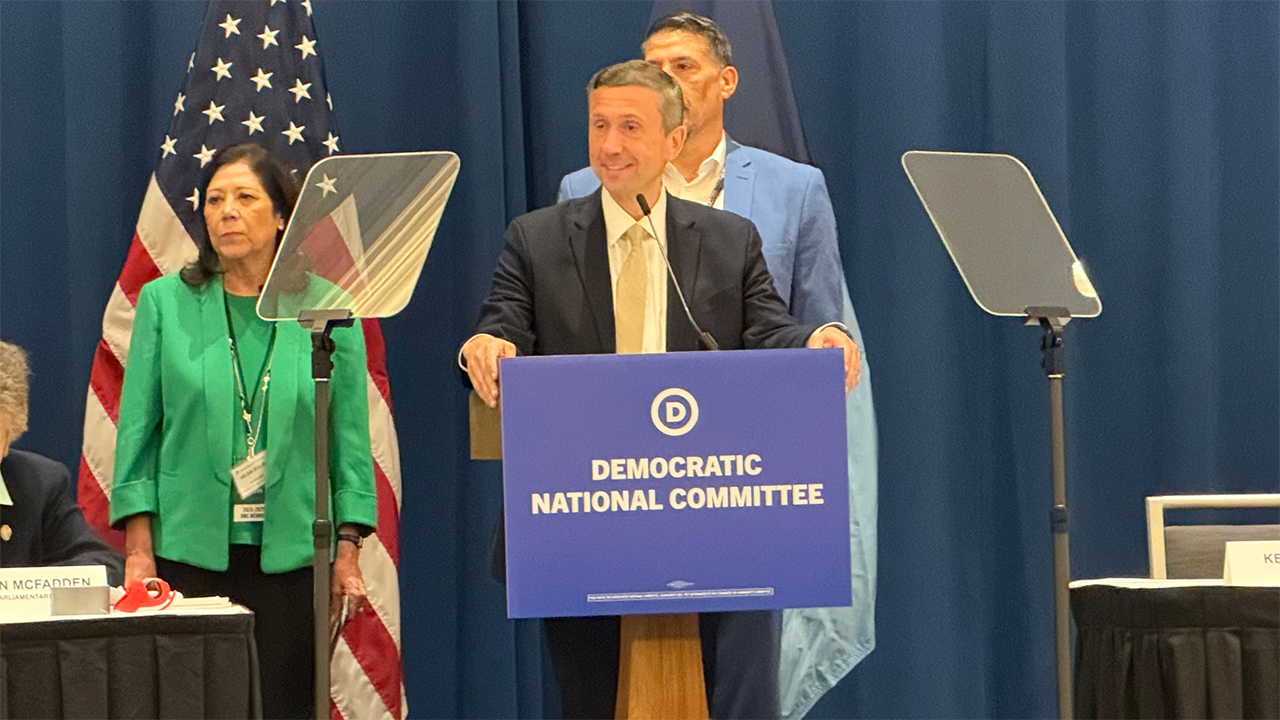The Metropolitan Transportation Authority greenlighted a jaw-dropping $1.5 billion deal Wednesday to buy hundreds of new subway cars.
The MTA board voted to award Kawasaki a lucrative contract to build 378 high-tech R268s trains to replace the creaky relics of the 1980s that have plagued riders with breakdowns and delays for years.
“We needed to take that action to protect the riders who otherwise are going to experience these additional breakdowns,” Lieber said. “That’s what this is about.”
The money will come out of the MTA’s $68.4 billion 2024-2029 Capital Plan. That plan is funded through a combination of dedicated state taxes, federal dollars and borrowing through bonds.
The plan calls for the MTA to purchase 1,500 new subway cars over the next five years at a total price tag of $7.6 billion.
Lieber said the new cars will be compatible with a new, modern signal system MTA is installing at certain train stations.
“If we had to wait, it might create complexity for the whole [Communications-Based Train Control] deployment of modern signals. So that’s one of the prompts for doing this as quickly as we did anything else,” Lieber said.
The MTA approved a $2.4 billion order with French train maker Alstom to deliver M-9A railcars for the Long Island Rail Road and Metro-North Rail Road in June.
Last year, the MTA board approved a $1.27 billion subway car purchase. That package added 355 modern R211 subway cars, plus 80 more that include the European-style “open-gangway” trains to the MTA’s fleet.
The new cars will run on the “B Division” lines, routes such as the A, B, C, D, F, G, J, L, M, N, Q, R and W, according to the MTA’s 2025-2029 capital plan.
Securing funding for the plan was rocky with the State’s Capital Program Review Board initially rejecting the MTA’s $68.4 billion plan since the agency could only identify about half the funding needed.
The MTA resubmitted a plan this spring, with Albany leaders and Gov. Kathy Hochul publicly declaring that the state budget would “fully fund” the $68.4 billion plan. However, budget watchdogs remain skeptical as much of the funding relies on anticipated federal aid and future state revenues.













